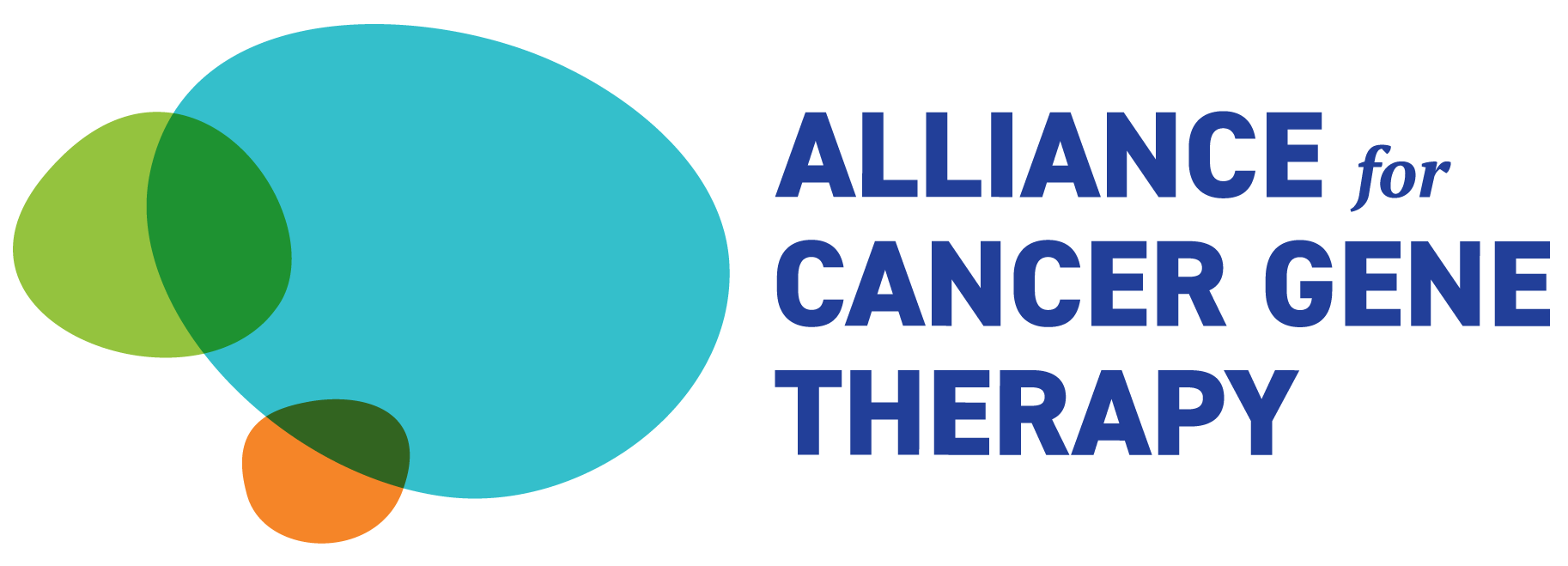
Highlights From ACGT Summit 2024 Scientific Meeting

The invitation-only annual scientific summit, held on March 29, in New York City, brought together top scientists in cancer cell and gene therapy.
Alliance for Cancer Gene Therapy (ACGT) held its annual scientific summit – ACGT Summit 2024 – on March 29 in New York City. The invitation-only gathering brought together top scientists in
A curated agenda provided attendees with a collaborative environment to share developing ideas among their peers. ACGT’s mission is to fund novel cell and gene therapy research in hopes of transforming cancer treatment by harnessing the power of the immune system.
Presentations and panel discussions during ACGT Summit 2024 included innovations and challenges of developing cell and gene therapies for pancreatic cancer and brain cancer, the translation of new therapies from the academic laboratory to biotech, and a look ahead to what’s next in the evolution of the cell and gene therapy field.
“This was my first time attending an ACGT Summit, and I was incredibly impressed by the quality of the discussions,” said Katy Rezvani, MD, PhD (The University of Texas MD Anderson Cancer Center). “I think what’s important for us as scientists is having this open discussion about the problems. Often you go to meetings and people stand up in front of a big crowd and give presentations with tons of data, but they’re missing that collaborative discussion about problems, issues and where we see the field going. The open discussion and exchange of ideas at ACGT Summit 2024 is what I found so impressive.”
“ACGT was founded by the family of a cancer patient and we see that to this day – the involvement of patients and their families with ACGT and now participating in the ACGT Summit. It really brings us back to why we as scientists are doing the research and the clinical trials: tackling these challenges that patients and their families are facing with difficult-to-treat cancers.”
—Bruce Levine, PhD
Other scientists who attended credited ACGT for creating an intimate environment where people felt comfortable sharing their honest opinions with one another. The event also featured a keynote speech from the mother of Cal Miller, a pediatric leukemia patient who received CAR T-cell therapy.
ACGT was founded in 2001 by Edward and Barbara Netter after their daughter-in-law died of breast cancer. She struggled with harsh treatments such as chemotherapy and radiation, which inspired the Netter family to support the development of cell and gene therapies that can be more effective and preserve quality of life.
“ACGT was founded by the family of a cancer patient and we see that to this day – the involvement of patients and their families with ACGT and now participating in the ACGT Summit,” said Bruce Levine, PhD (University of Pennsylvania). “It really brings us back to why we as scientists are doing the research and the clinical trials: tackling these challenges that patients and their families are facing with difficult-to-treat cancers.”
Newsletter
Stay at the forefront of cutting-edge science with CGT—your direct line to expert insights, breakthrough data, and real-time coverage of the latest advancements in cell and gene therapy.














